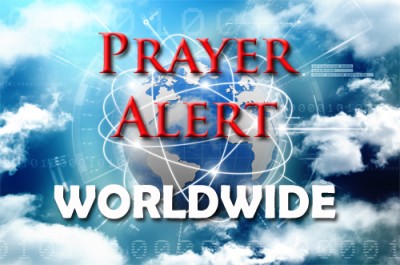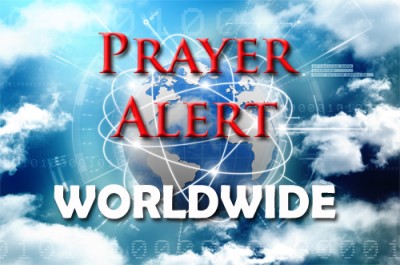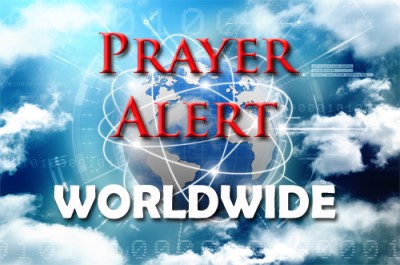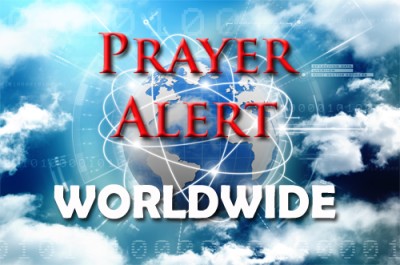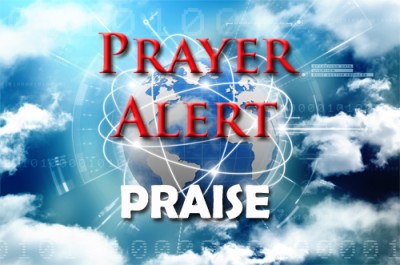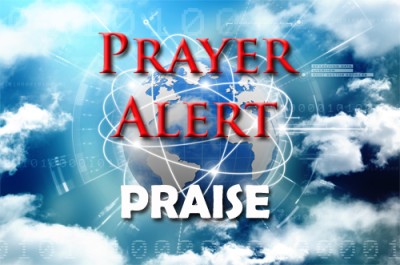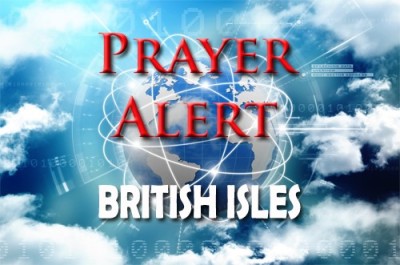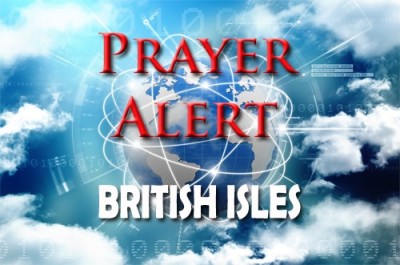Donald Trump’s threats to cut aid and launch military strikes against Nigeria over alleged ‘Christian genocide’, while resonating with US evangelicals, might misrepresent and oversimplify the country’s complex crisis. Nigeria’s conflicts, spanning insurgency, banditry, and communal clashes, are not purely religious but deeply rooted in ethnicity, identity, and government failures. Analysts warn that US intervention, whether through sanctions or drone strikes, could devastate civilians already trapped between terrorists and insecurity. History shows that ‘precision’ attacks often result in innocent casualties, worsening humanitarian crises. Arguably, Trump’s decision to freeze most foreign assistance programmes have exacerbated the problem, resulting in job losses for about 28,000 health workers and pushing vulnerable Nigerians deeper into hardship. His threats pose a dilemma for President Tinubu. If he cooperates, he might appear weak, but defying Washington might risk economic and military pain.
Pakistan’s reception of Sikh pilgrims from India on 4 November marked a rare moment of goodwill amid lingering hostilities between the two nuclear-armed neighbours. After deadly border clashes in May shut down the Wagah-Attari crossing, the arrival of over two thousand pilgrims to celebrate Guru Nanak’s 556th birth anniversary signals a cautious reopening of people-to-people ties. Pilgrims were warmly welcomed with flowers and rose petals before travelling to Nankana Sahib, Guru Nanak’s birthplace, and other sacred sites. Pakistan’s high commission in New Delhi said that its decision was consistent with efforts to promote ‘inter-religious and inter-cultural harmony and understanding’. For many Sikhs, visiting these shrines represents both spiritual renewal and a poignant reminder of Punjab’s divided heritage since partition. Yet, tensions remain high, with the Kartarpur Corridor (allowing visa-free access to the temple) still closed and both nations trading accusations over recent violence in Kashmir.
The latest US strike on a vessel in the Pacific, ordered by Donald Trump, has drawn renewed condemnation and concern. Two people were killed in what was described as an anti-narcotics operation, bringing the total death toll from similar maritime attacks to at least 67 since September. Despite claims that the vessels targeted were involved in drug trafficking, Washington has yet to provide evidence, prompting accusations of extrajudicial killings. Human rights advocates, including the UN’s Volker Turk, have warned that such actions violate international law and risk killing innocent fishermen. The escalation has drawn condemnation from Venezuela’s president Nicolas Maduro, who regards Trump’s intensified ‘war on drugs’ as a pretext to topple him from power. With an aircraft carrier about to join other US vessels already in the region, the world watches anxiously, fearing that a campaign meant to stop drugs could instead fuel regional instability and human suffering.
The recent election which saw president Samia Suluhu Hassan win with 98% of the vote has exposed deep cracks in Tanzania’s democratic foundations. The landslide result - achieved amid opposition arrests, media restrictions, and reports of violence - has drawn widespread criticism from observers and foreign governments. What followed was unprecedented in Tanzania’s history: mass youth-led protests erupting across major cities, demanding electoral justice and democratic reform. The unrest reflects a broader generational awakening in Africa, where frustration with corruption, repression, and economic inequality is driving young citizens to demand accountability. With around 77% of the population aged under 35, the country’s future hinges on how leaders respond to this rising tide of civic resistance. Despite the violence and censorship surrounding the protests, they reveal a powerful truth: citizens are no longer content with symbolic democracy. Tanzania’s youth are asserting their right to shape their nation’s destiny. Going forward, the demand for a new constitution should be the priority.
Africa: Gospel spreading at ‘explosive’ rate'
31 Oct 2025At the World Evangelical Alliance general assembly in Seoul, researcher Jason Mandryk from Operation World revealed that evangelical Christianity is growing faster in Africa than anywhere else in the world. In 1960 evangelicals comprised 8% of global Christians; today, with around 650 million believers, they exceed 25 percent. Nearly 70% of global Christian growth now occurs in Africa, where vibrant churches thrive amid rapid urbanisation and strong family life. Mandryk noted that while Western growth is modest, Africa, Asia and Latin America are reshaping the face of Christianity. Yet he warned that discipleship, leadership training and moral integrity must remain priorities if this expansion is to mature. David Tarus of the Association of Evangelicals in Africa said 90% of African pastors lack formal theological training, calling for education to reach local communities rather than relying on institutions. Both leaders urged clarity, humility and renewed holiness as the movement’s influence widens. The shift, Mandryk said, shows that the 'future of Christianity' has already arrived - rooted in the Global South. See
At the World Evangelical Alliance general assembly in Seoul, Asbury University president Kevin Brown reflected on the 2023 Asbury revival, praying it would one day be remembered as a mere 'tremor' before a global Christian awakening. What began as a small chapel meeting became a 16-day outpouring that drew 50,000 people from 287 universities worldwide. Brown believes that since then, spiritual renewal has continued to spread — seen in mass baptisms, worship gatherings like Baptise America and Gather 25, and growing Bible engagement across generations. He cited evidence of rising church attendance in both the USA and Europe, with England and Wales reporting a 50% increase since 2018. At the Lausanne Congress, Brown witnessed thousands from over 200 nations worshipping in unity, sensing a worldwide stirring among youth. He urged believers to pursue true revival, marked not by emotion but by unity - the oneness Jesus prayed for in John 17 - a heart-level allegiance to God reflecting the love between Father and Son.
Keir Starmer has fuelled speculation that Labour may raise income tax in the autumn budget after refusing to reaffirm the party’s election pledge not to increase income tax, national insurance or VAT. Questioned in the Commons, he cited bleak new productivity forecasts from the Office for Budget Responsibility, which have deepened the £20 billion gap facing Rachel Reeves. Treasury officials are modelling options including a 1p or 2p rise in the basic rate of income tax, possibly offset by cuts to national insurance, to raise up to £8 billion annually. Reeves is also considering freezing tax thresholds, potentially drawing more workers into higher bands, and reviewing the windfall profits levy on oil and gas firms to encourage new investment. Starmer, while claiming there would be 'no return to austerity', said the poor fiscal inheritance from the previous government demanded 'difficult choices’. Critics accused Labour of preparing tax rises because it cannot control spending, while supporters argue that fair reform is needed to restore economic stability. See also
The Government has confirmed that convicted sex offender Hadush Kebatu, an Ethiopian national mistakenly released from prison, was paid £500 before being deported. Kebatu, jailed for sexually assaulting a 14-year-old girl and a woman while living in an Essex asylum hotel, was freed in error from HMP Chelmsford, later re-arrested, and flown to Ethiopia under guard. Officials authorised the payment after he threatened to disrupt his removal, arguing it was cheaper than re-booking flights or facing legal delays that could cost taxpayers thousands. Ministers called the blunder 'deeply regrettable' and have ordered an independent inquiry, with one officer suspended and new release checks introduced. Opposition leaders condemned the payment as 'outrageous' and proof of a broken immigration system, while home secretary Shabana Mahmood said she acted swiftly to ensure deportation. Kebatu’s mistaken release sparked local protests and renewed concern over public safety, asylum policy, and government competence in managing foreign offenders awaiting deportation. See
